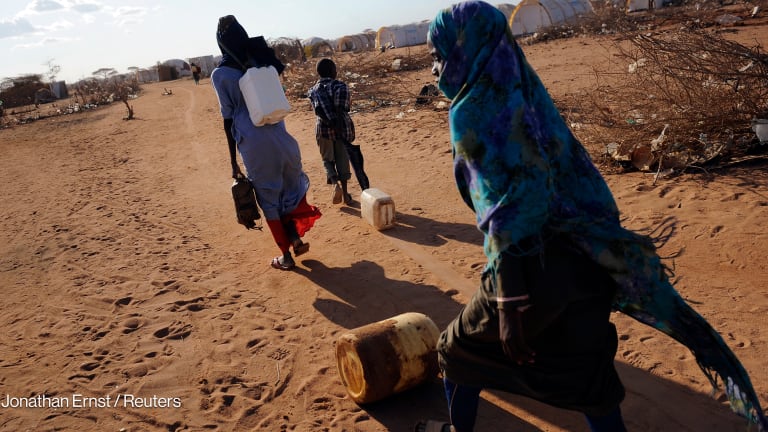Many of the world’s biggest economic success stories have happened in places with few or no natural resources.
This is clearly visible in Asia. Tiny Singapore, without a single natural resource, has transitioned from one of the poorest countries in the world to one of the richest. Japan and South Korea rebuilt their war-torn countries and became two of the most advanced economies on the planet through hard work, industrialization and education. China, which used to be a poor country and net oil exporter, is now the world’s second-largest economy and top importer of oil, with 600 million people brought out of poverty in the process. There are success stories on all continents.
On the other hand, countries richer in natural resources have ended up much poorer. Mountainous North Korea has access to mineral wealth that more successful neighbor in the south lacks. In West Africa, oil-rich Equatorial Guinea has a higher gross domestic product than Poland, but the life expectancy of its citizens is 20 years lower than that of the average Pole. If natural wealth alone determined development, the list of winners and losers would have been very different.








